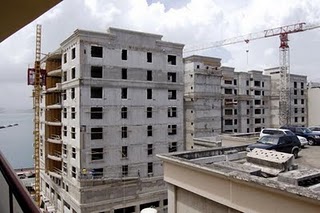
Once a vigorous part of the economy, Puerto Rico's construction sector remains mired at its lowest point in more than a decade with little hope of improvement in the next year, when activity is expected to stay at its present level of under $2 billion, said a spokesman for the industry.
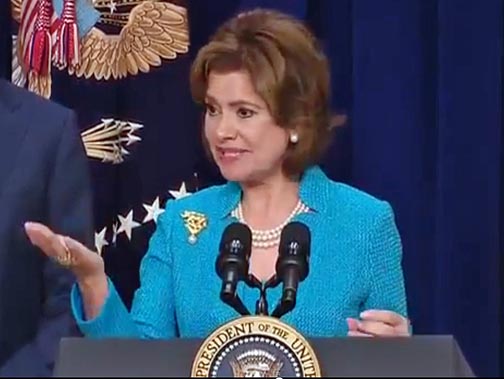
Small business owners across the U.S. mainland and Puerto Rico are preparing for the most important shopping day of the year, “Small Business Saturday,” an event sponsored by the U.S. Small Business Administration.
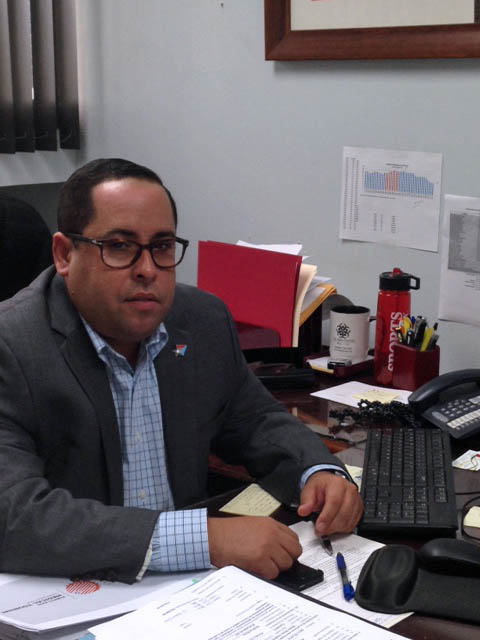
A year after its establishment, the Medical Tourism Corp. has spearheaded Puerto Rico’s efforts toward the fulfillment of specific projects that are generating an immediate economic impact for the sector, the entity’s Executive Director Francisco G. Bonet said Thursday.

The Foundation for Puerto Rico and the Universidad del Este’s José A. (Tony) Santana International School of Hospitality signed an agreement Thursday to conduct a study that will help promote and develop Puerto Rico’s so-called visitor’s economy.
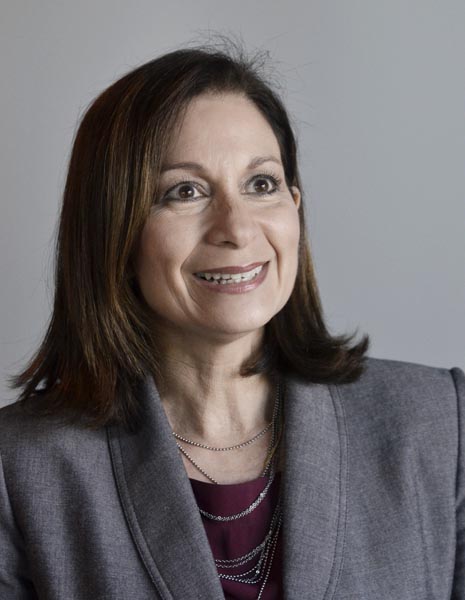
Puerto Rico is $73 billion in the hole, a sustained drought recently led to severe water shortages — at one point forcing some San Juan residents to limit their showers to two a week — and potential rival Cuba is about to open up the floodgates to U.S. visitors.
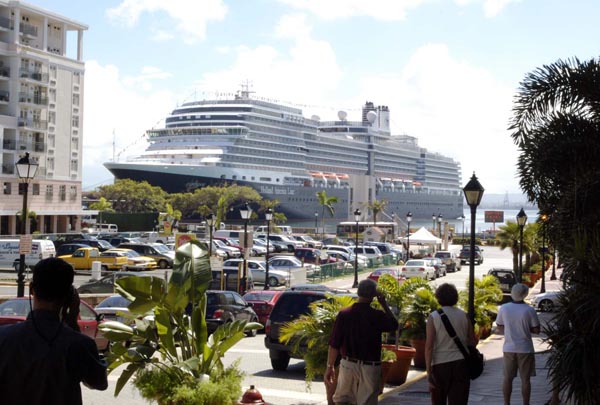
Puerto Rico benefitted from $198 million in total cruise tourism expenditures during the 2014/2015 cruise year, which in turn, generated 5,209 jobs and $75 million in wages, according to a study released Wednesday by Business Research & Economic Advisors.
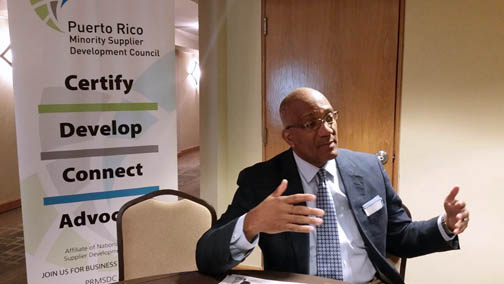
The National Minority Supplier Development Council (NMSDC) and the Puerto Rico Minority Supplier Development Council (PRMSDC) announced Wednesday the upcoming start of “Goal 1B,” a strategy designed to help Puerto Rican industries expand their market.

U.S. Small Business Administration head María Contreras-Sweet was in Puerto Rico Monday to announced a series of initiatives to spur the island’s economy and create jobs.
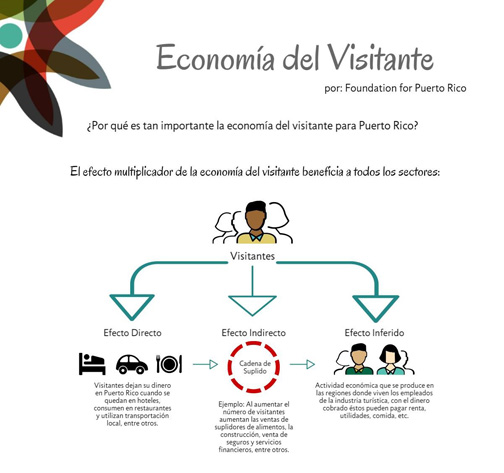
The Foundation for Puerto Rico announced Thursday it is focusing its efforts on developing new social and economic strategies that will transform Puerto Rico into a global destination, based on the premise that tourism is key to improve the economy.

Puerto Rico’s economic activity registered a year-over-year decrease of 0.4 percent, and a month-over-month reduction of 0.3 percent, according to the latest index released by the Government Development Bank Thursday.

The National Hispanic Leadership Agenda, a coalition of 39 of the U.S. mainland’s largest Latino advocacy organizations, held a press conference Tuesday with Congressional, Puerto Rican, and labor leaders today calling on President Obama and Congress to take action "to save Puerto Rico from economic disaster."
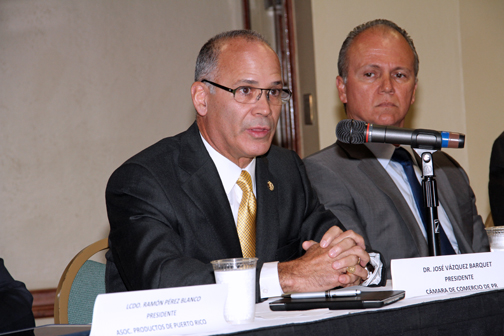
Representatives from 20 Puerto Rican trade associations said Tuesday they are ready to work with the government to jump-start the island’s economic development, proposing specific strategies to move things along.
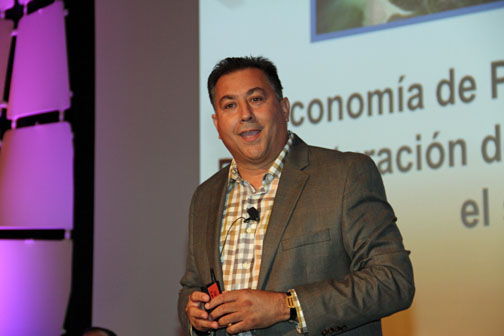
Representatives from 20 of Puerto Rico’s largest private-sector organizations expressed their willingness to work with the government’s task force on proposals to restructure the island’s fiscal issues.
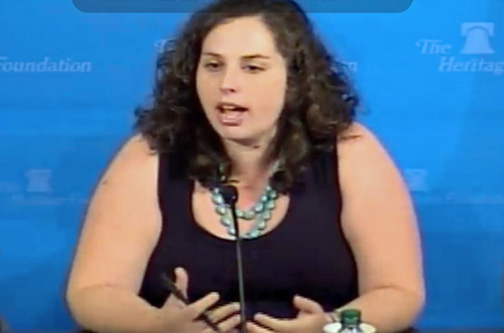
WASHINGTON — When it comes to Puerto Rico’s fiscal crisis, Washington is just as much to blame as San Juan.

The loss of Section 936 tax breaks, combined with overly indulgent local labor laws and a federal policy that encourages people to stay on the dole rather than work, have all contributed to Puerto Rico’s current fiscal nightmare.




NIMB ON SOCIAL MEDIA